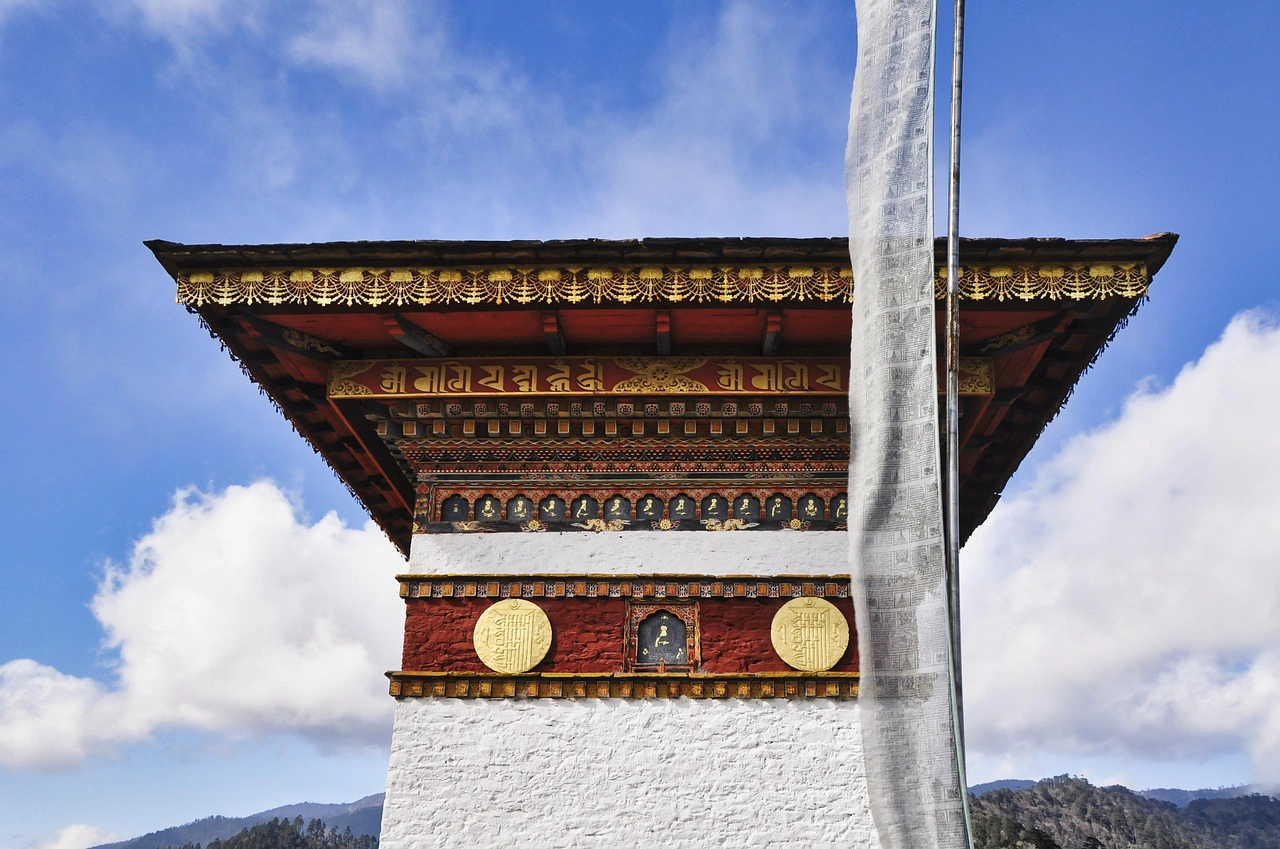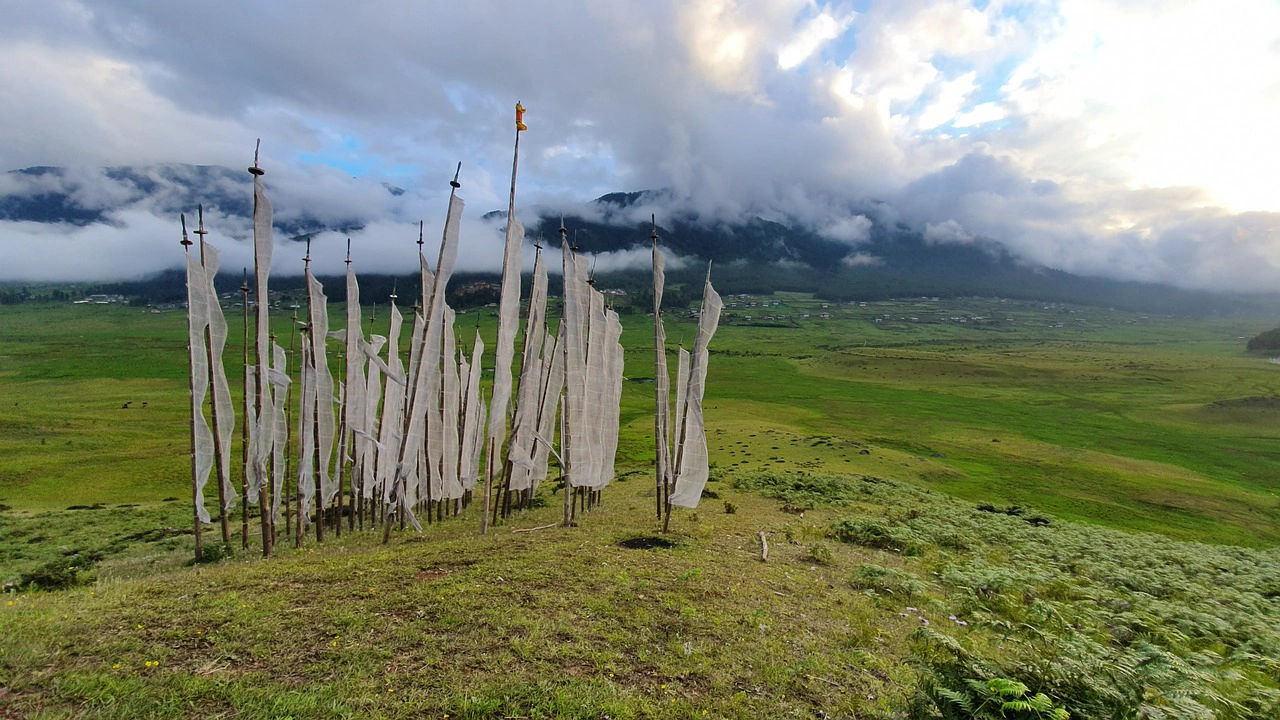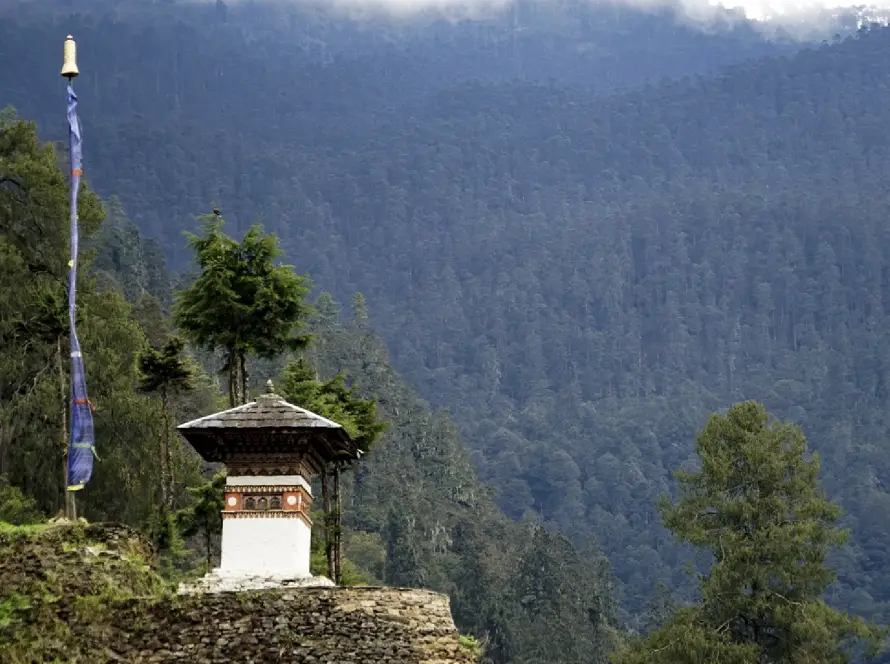Student – Dear Lama la, I would be grateful if you could share your thoughts on Chotrul Duchen, and the most meaningful ways to commemorate it. Additionally, since Buddhism is often regarded as a science of the mind, I would appreciate your insights on why the Buddha chose to perform miracles and the purpose of merit. How can we best accumulate merit in our practice? Thank you, la.
Master – Seven years after the Buddha’s awakening, leaders from six major non-Buddhist schools challenged him to a contest of miracles. Although the Buddha generally refrained from displaying his powers, he saw this as an opportunity to challenge the beliefs of outsiders and inspire his followers.
Agreeing to participate, he joined the contest at Jetavana Monastery in Sravasti. Beginning on the first new moon of the year, the Buddha performed one miracle each day, culminating on Chotrul Duchen. This occasion is one of the four major Buddhist festival days, during which the karma generated — whether positive or negative — is magnified 100 million times.
Is karma or merit important? Absolutely. It shapes how we perceive the world and interact with others. For instance, consider a tree: to a being with the karma of a human, it is an object that offers shade and purifies the air. To a leopard, it’s a pantry for storing prey, while a creature with the karma of a bird will see it as a home. The way a being perceives the tree reflects their karma, emphasizing how our experiences are filtered through this lens.
Merit also plays a crucial role in creating the conditions necessary for wisdom to arise, such as providing access to teachings and opportunities for reflection. Without merit, the path to wisdom can become obstructed by distractions or lack of opportunities.

Dzongsar Khyentse Rinpoche articulated on this point when he said, “From one perspective, merit is ability; all the abilities, in fact, that make it possible for us to hear, contemplate, meditate on, and practice the Dharma, including the ability to feel curious. These days our merit is so limited that the vast majority of human beings are unable to recognize how special the Dharma is. Not only do we lack the merit to practice the Dharma, we have so little that we can’t even enjoy samsaric life.”
This understanding naturally leads to the questions: what exactly defines good karma or merit, and who determines what constitutes good or bad actions? In truth, no one dictates what causes good or bad karma — there is no divine being or external authority judging morality or dispensing rewards and punishments. Instead, karma is shaped by how our actions align with deeper truths about our existence.
At its core, any action that challenges the mistaken belief in an independent, inherent self generates positive karma, while actions that reinforce this illusion lead to negative karma. Simply put, actions rooted in self-interest that prioritize our desires over others’ well-being accumulate negative karma, while compassionate actions that benefit others create positive karma or merit.
Are acts of generosity, morality, and patience enough to awaken to the truth? No. While these virtues create outer merit, their true value emerges only when they are infused with wisdom and empathy. Without wisdom, such deeds may, at best, result in auspicious yet fleeting worldly outcomes, such as a favorable rebirth within samsara, but they fall short of liberating us from the cycle of suffering.
To transcend this limitation, it is not enough to merely perform good deeds. Their true significance lies in the wisdom of selflessness that transforms them into a force for awakening. When our actions are guided by genuine understanding and compassion, they become powerful tools for breaking free from the delusion that binds us.
To avoid generating merit in isolation, we must actively cultivate empathy and wisdom, weaving these qualities into our virtuous actions. For instance, when making an offering at a lhakhang/ temple, it should be done with heartfelt intention to benefit all beings. Afterward, the merit earned must be dedicated to their ultimate liberation.

As for generating wisdom, we can reflect on the fact that the offering we make, we as the giver, and the Buddha as the recipient are all empty of inherent existence. Like a rainbow, we and they appear and can be seen, yet upon closer examination, they do not truly exist beyond the temporary convergence of various conditions. By infusing a meritorious deed with wisdom and compassion it is transformed into a profound act that guides us toward awakening and the realization of truth.
Chogyam Trungpa Rinpoche emphasized this point when he said, “Merit is not just about personal gain, but about seeing the interconnectedness of all beings.” The ultimate goal of any Buddhist practice — be it meditation, ritual, or even the simple act of lighting a butter lamp — is to bring us closer to realizing this interconnectedness for the benefit of all beings.
In contrast, meritorious acts performed solely for personal gain contradict this fundamental truth. Because there is no inherently existing self, such actions only serve to reinforce the illusion of a separate self. This false perception binds us to samsara, preventing liberation.
Finally, how do merit, wisdom, and compassion lead to awakening to the truth? To understand this, we can liken the nature of our mind to a pristine diamond — radiant and pure by its very essence. However, just as mud obscures the brilliance of a diamond, ignorance clouds our ability to perceive this inherent clarity. A gemologist uses soap and water to reveal the diamond’s brilliance. Similarly, a Buddhist cultivates merit, wisdom, and compassion to counter and dispel ignorance, allowing the innate luminosity of our Buddha nature to shine through.
Chotrul Duchen, a day that amplifies the effects of meritorious deeds 100 million times, presents a profound opportunity to deepen our practice, accumulate immense merit, and cultivate wisdom. But what kinds of acts generate such merit? Essentially, anything offered with the intention of expressing reverence to representations of the awakened state or that genuinely benefit others is considered a meritorious deed.

Now, in ancient India, it was customary to offer water, flowers, music, and food, etc to guests — a practice that inspired our tradition of seven-bowl offerings. If the Buddha were living in modern times, offerings might take a more contemporary twist: perhaps playing an Eminem song while presenting bowls of bubble tea and cappuccino. You can also visualize offerings, such as universes, palaces, or mountains of gold.
The key lies in the sincerity of your intention and the concluding dedication. As long as your actions don’t disturb others, be imaginative, and let them become a joyful and creative expression of veneration.
Like yourself, some may wonder why the Buddha and later masters engaged in acts that could seem magical, especially since, as you pointed out, Buddhism is often seen as a science of the mind.
The answer lies in the practical purpose of such acts: they instantly dispel doubts among non-believers and reassure those who may still question the authenticity of the teacher. A prime example is Pema Lingpa, who, for this very reason, dived into the Mebartsho and emerged with a chest of texts and a still-burning butter lamp.
On this auspicious day of Chotrul Duchen, I wish you and others many opportunities to accumulate merit, bringing you closer to the realization of truth and profoundly benefiting all sentient beings.



